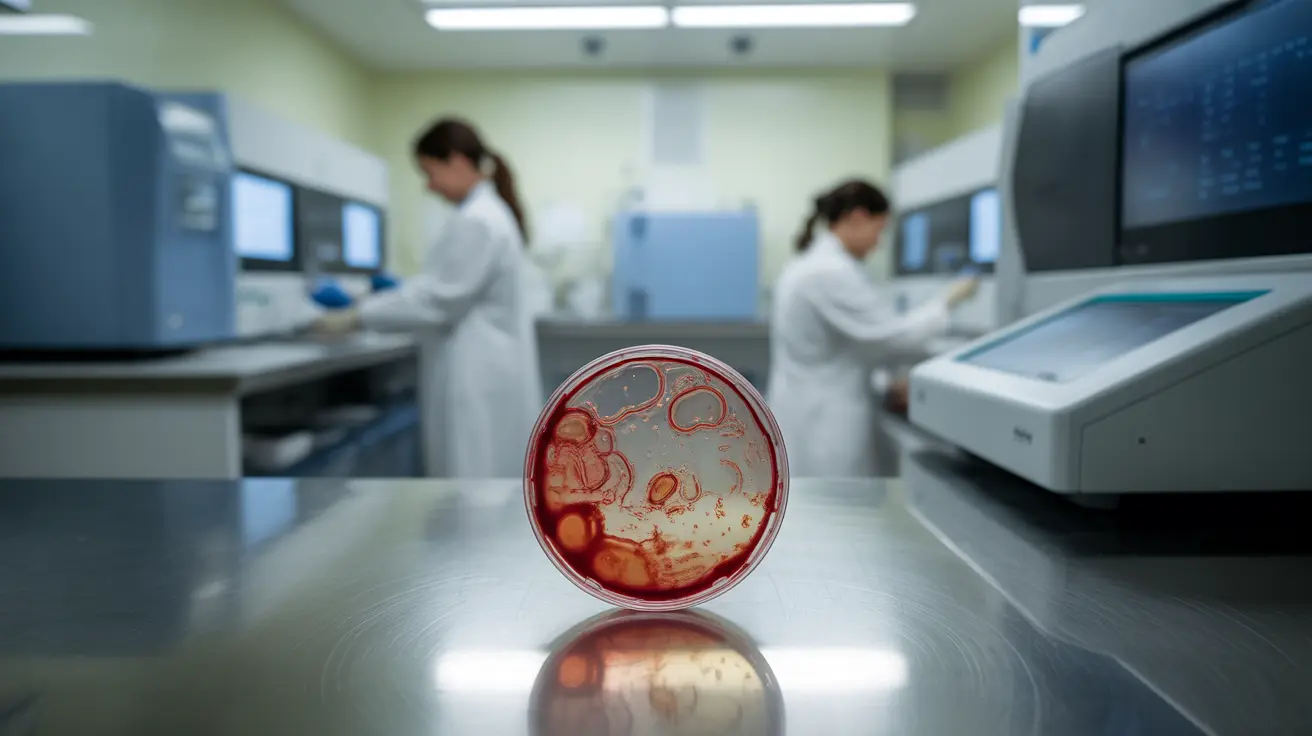Blood tests play a crucial role in the diagnostic process and ongoing management of epilepsy, though they're just one piece of a complex medical puzzle. While these tests cannot definitively diagnose epilepsy on their own, they provide valuable information that helps healthcare providers evaluate potential causes, rule out other conditions, and monitor treatment effectiveness.
Understanding the various types of blood tests used in epilepsy care can help patients better comprehend their diagnostic journey and treatment monitoring. Let's explore the different blood tests commonly employed and their specific purposes in epilepsy management.
Initial Diagnostic Blood Tests
When evaluating a patient for possible epilepsy, healthcare providers typically order several blood tests to gather important baseline information:
- Complete Blood Count (CBC)
- Basic Metabolic Panel
- Liver Function Tests
- Blood Glucose Levels
- Electrolyte Panel
- Thyroid Function Tests
These tests help identify potential underlying causes of seizures and rule out other medical conditions that might mimic epileptic episodes. They can reveal important information about organ function, infection presence, or metabolic imbalances that could trigger seizures.
Prolactin Level Testing
Prolactin testing has emerged as a valuable tool in distinguishing between epileptic seizures and non-epileptic events. After a genuine epileptic seizure, prolactin levels typically rise significantly within 10-20 minutes and remain elevated for several hours.
Healthcare providers may use this test when there's uncertainty about whether an event was an epileptic seizure or another type of episode, such as a psychogenic non-epileptic seizure (PNES). However, it's important to note that prolactin testing must be performed within a specific timeframe after the event to be reliable.
Antiepileptic Drug Monitoring
Regular blood tests become especially important once antiepileptic drug (AED) therapy begins. These tests serve multiple purposes:
- Monitor medication levels in the bloodstream
- Check for potential side effects on organ function
- Ensure therapeutic doses are maintained
- Identify possible drug interactions
Different AEDs require varying monitoring schedules and may affect different aspects of body function, making regular blood work essential for safe and effective treatment.
Emerging Biomarker Research
The field of epilepsy diagnostics continues to evolve, with researchers investigating new blood-based biomarkers that could potentially provide more direct ways to diagnose epilepsy. Current areas of research include:
- Inflammatory markers
- MicroRNAs
- Specific proteins associated with neuronal damage
- Autoimmune markers
While these potential biomarkers show promise, they're still in various stages of research and validation before becoming part of standard clinical practice.
Frequently Asked Questions
What blood tests are commonly used during epilepsy diagnosis and what do they check for? Common blood tests include complete blood count, basic metabolic panel, liver function tests, and electrolyte panels. These tests check for underlying conditions, infections, metabolic problems, and organ function that might cause or affect seizures.
Can blood tests alone confirm if someone has epilepsy? No, blood tests alone cannot confirm an epilepsy diagnosis. They are one tool among many, including EEG, brain imaging, and clinical history, that healthcare providers use to make a diagnosis.
How does prolactin level testing help differentiate epileptic seizures from other events? Prolactin levels typically rise significantly after an epileptic seizure but not after non-epileptic events. Testing must be done within 10-20 minutes of the event and can help distinguish between epileptic and non-epileptic episodes.
Why are blood tests important for monitoring medication levels in epilepsy treatment? Blood tests help ensure antiepileptic medications are maintained at therapeutic levels, monitor for potential side effects, check organ function, and identify possible drug interactions, enabling healthcare providers to adjust treatment as needed.
Are there any new blood biomarkers being researched to directly diagnose epilepsy? Yes, researchers are investigating several promising biomarkers, including inflammatory markers, microRNAs, specific proteins, and autoimmune markers. However, these are still in research phases and not yet part of standard diagnostic procedures.




